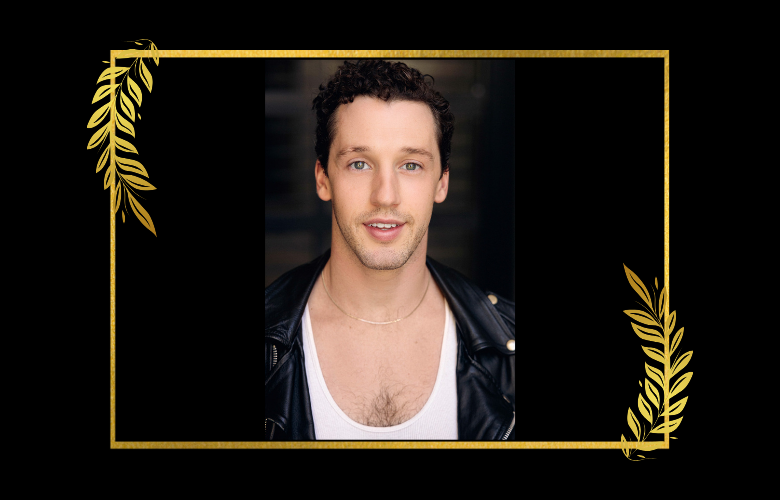
In this interview with Patrick Whitbread, he discusses his time touring New Zealand and Australia for nearly a decade. His new role in Opera Australia’s West Side Story is one he is familiar with from his own theatrical past. He is coming back to playing the role of Riff, one he has not portrayed since his time at the WAAPA during his Music Theatre course. In this interview he looks back at his extensive career over the past ten years and what he hopes to see for his future roles.
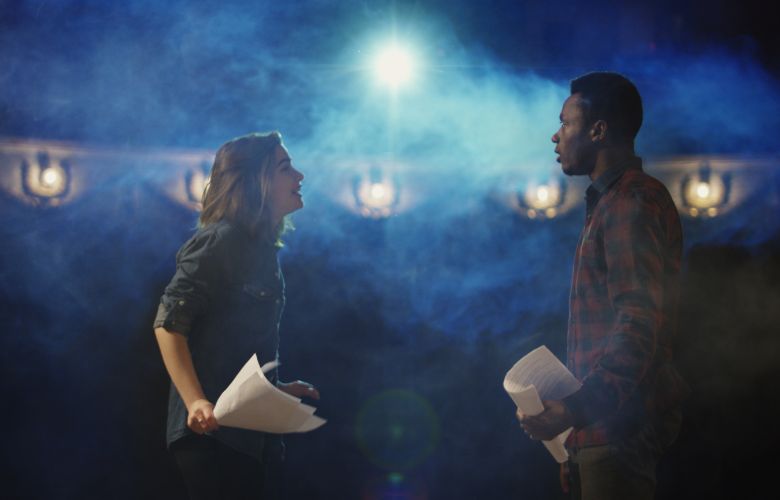
As a Stage Manager, I’ve seen many rehearsals in several different settings. Some have been great and some not so great. I’ve also had the opportunity to work with a variety of different directors and actors in various roles within the rehearsal process. Over time, I’ve noticed that certain aspects of rehearsal are universal across […]
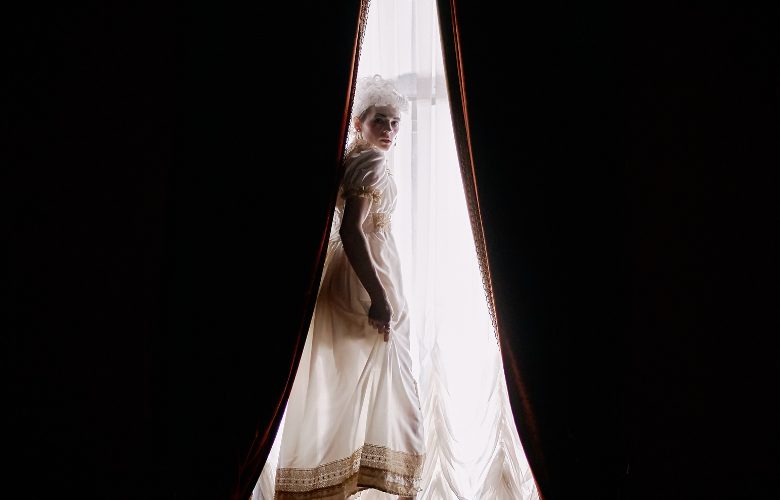
“Is belief a feeling?” I asked myself as I was writing out a new course description for one of my acting classes. Over the last many years, I have concluded that for acting in any medium, belief is perhaps the most powerful state from which to work from because it breeds confidence, playfulness, and spontaneity in performance. How many times has a director or coach suggested an actor “fully commit!” Of course, commitment isn’t a feeling, or something that be turned on with a switch. Certainly, I teach in my directing classes that directors are tasked with cultivating belief for their whole team on a scale from getting behind a large project goal to the helping an actor believe the smallest bit of stage business. But I’ve recently become concerned with finding out exactly what belief means for the student and how it can be fostered and used. What principles of language can we implement to generate belief? And furthermore, how can we make sure the language we use in the classroom and rehearsal is actively in pursuit of building belief?

More theatres are opening up and prep for in person rehearsals is taking place! While still in the midst of a pandemic, here are 3 strong risk mitigation techniques to help prevent transmission of COVID, and other communicable diseases.
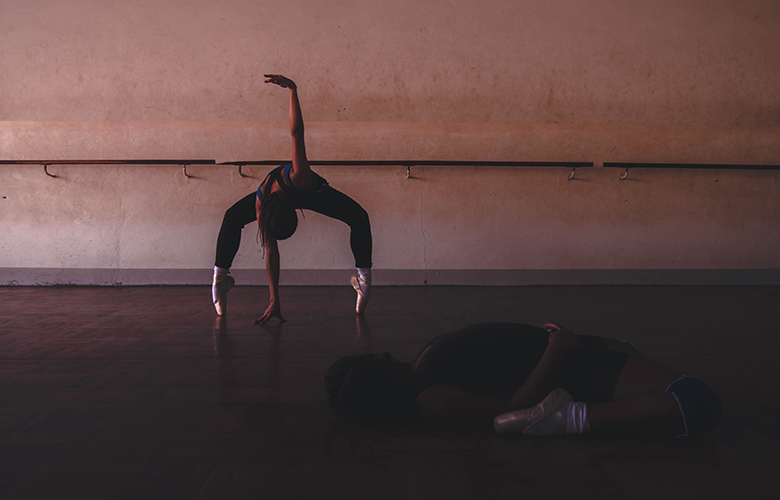
I get this question a lot, especially after dance competition weekends. And I completely understand it. We stand in awe of gorgeous dancers with long legs, perfect bodies, and flawless technique and wonder, “why don’t I look like that?” The answer is simple, but one you might not want to hear. With a few exceptions of course, the answer is one of two things, or maybe a combination of both.

Alex Hick I’ve always been jealous of assistant directors. They get to be a sponge in the rehearsal room – soaking up all the knowledge of the director. I’ve been assisting Rikki Beadle-Blair on Undetectable and here are 5 things he does in the room that I’m going to steal for my own process: 1. […]

The Broadway community has reached a standstill over a dispute regarding insufficient payment for participation in development work such as workshops and labs. In a recent New York Times article, it was reported that “about a quarter of all Broadway shows use developmental labs to test out material, and there are several labs scheduled in coming months that will not take place unless the dispute is settled.”
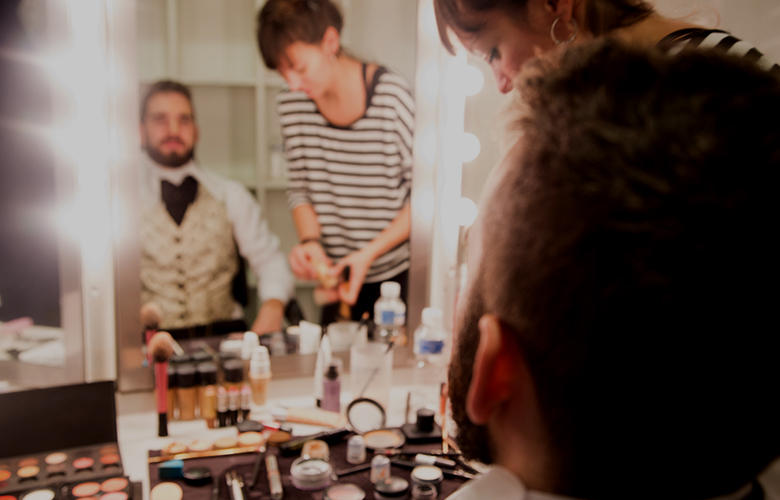
Performing is an extremely strenuous pastime, both physically and emotionally. Acting, singing, dancing, stage combat (often all at the same time!) can take its toll on you. No matter whether you are a professional performer or part of a community theatre production, it’s crucial that all performers take good care of themselves in order to keep themselves in peak condition, so they can continue to perform!
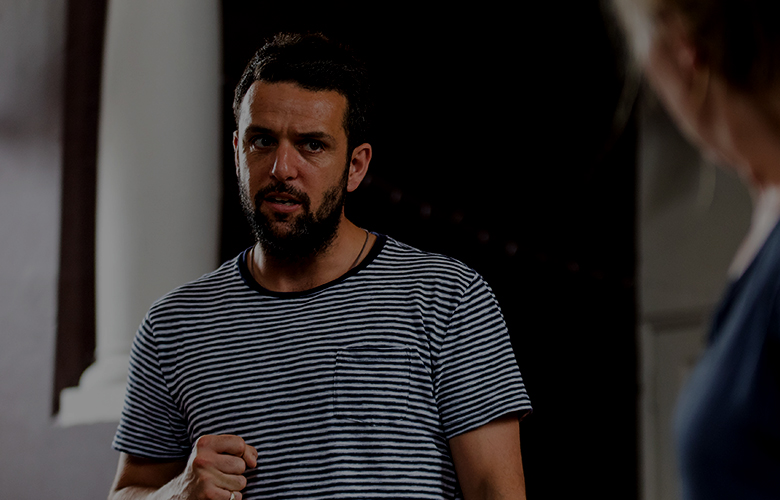
A playwright working on her own, honing a literal translation, may not be able to come to grips with the untranslatable, and may, consciously or not, stamp her own peculiarities upon the original. A translator working on his own may miss some of the intricate dramaturgical techniques employed by the original writer. Both may get so caught up in the intensity of working between languages that they forget that a script is only one layer of performance.

As the premiere of our play beckoned, my three-month stint at the Zurich Theatre Academy as a photographer for Lapin Lapin (Rabbit Rabbit, by Coline Serreau) came to a slow yet unavoidable end. Only one more week to go. Walking into the rehearsal rooms now felt like entering a mall’s perfume section as the excitement, expectations, hopes, and fears of all involved hung in the air as thick and exotic as living, flowing waves of richly scented fragrances.












